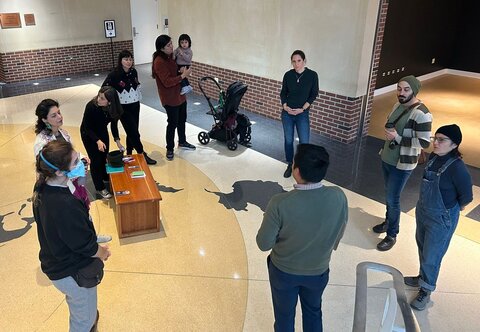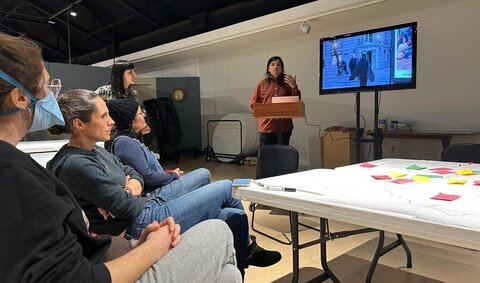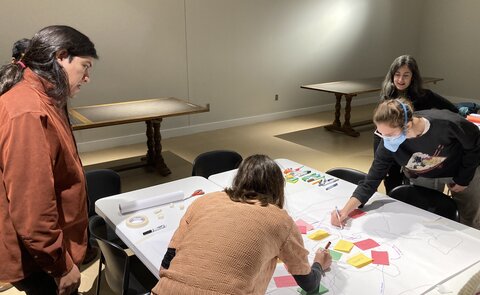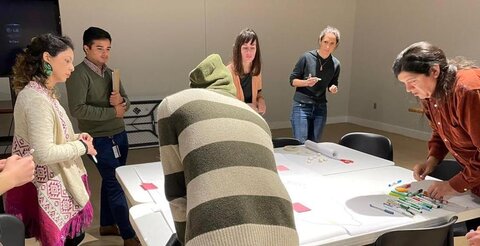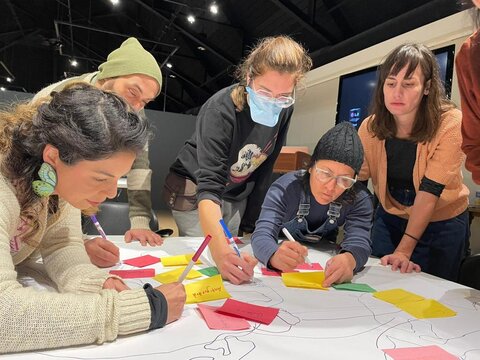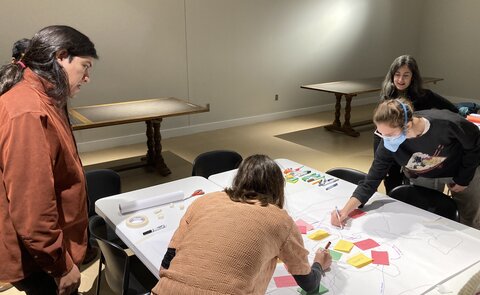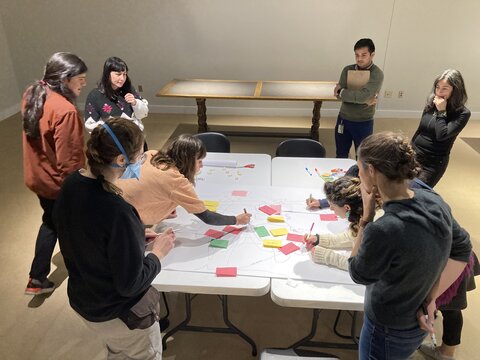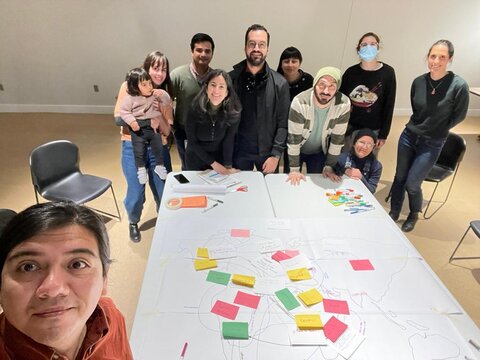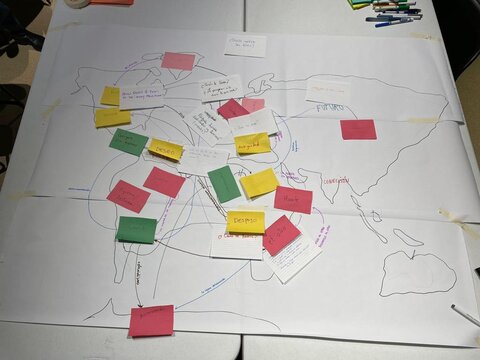Claudio Alvarado Lincopi holds a PhD in Architecture and Urban Studies from the Pontífica Universidad Católica de Chile. His research encompasses the fields of cultural urban studies and the history of the Mapuche people. Dr. Alvarado Lincopi is one of the main critical contributors on Mapuche life in the city, making him a leading voice on the intersection between indigenous histories and urban processes in/from the Global South. He has worked in transdisciplinary settings on issues related to racism and the city. These collaborations have resulted in a number of books, articles, artistic creations, and theatrical productions. Dr. Alvarado Lincopi is the author of Mapurbekistan. ciudad, cuerpo y racismo. Siglo XX (Mapurbekistán: City, Body, and Racism. The Mapuche Diaspora in the 20th Century) and co-author of Santiago Waria Mew. Memoria y fotografía de la migración mapuche (Santiago Waria Mew: Memory and Photography of Mapuche Migration) (2017), as well as Diarios Mapuche 1935-1966. Escrituras y pensamientos bajo el colonialismo chileno del siglo XX (Mapuche Diaries 1935-1966: Writings and Thought Under Chilean Colonialism of the 20th Century) (2019). His articles include: “La emergencia de la ciudad colonial en Ngülumapu: control social, desposesión e imaginarios urbanos” (The Emergency of the Colonial City in Ngülumapu: Social Control, Dispossession and Urban Imaginaries) (2015), and "Objetos petrificados, objetos vivificados. Reflexiones sobre patrimonio, poder y vida mapuche urbana” (Petrified Objects, Animated Objects: Reflections on Heritage, Power, and Mapuche Urban Life) (2020). In 2009 he received a scholarship from the Pablo Neruda Foundation and the Literary Municipal Award Gabriela Mistral. Dr. Alvarado Lincopi is currently a researcher for the Center for Intercultural and Indigenous Studies in Santiago, Chile.
On Friday, November 11th, following his talk on the 10th, Dr. Lincopi led a workshop at the Spurlock Museum titled "Is it possible to decolonize the museum? Body, memory, and territory."
